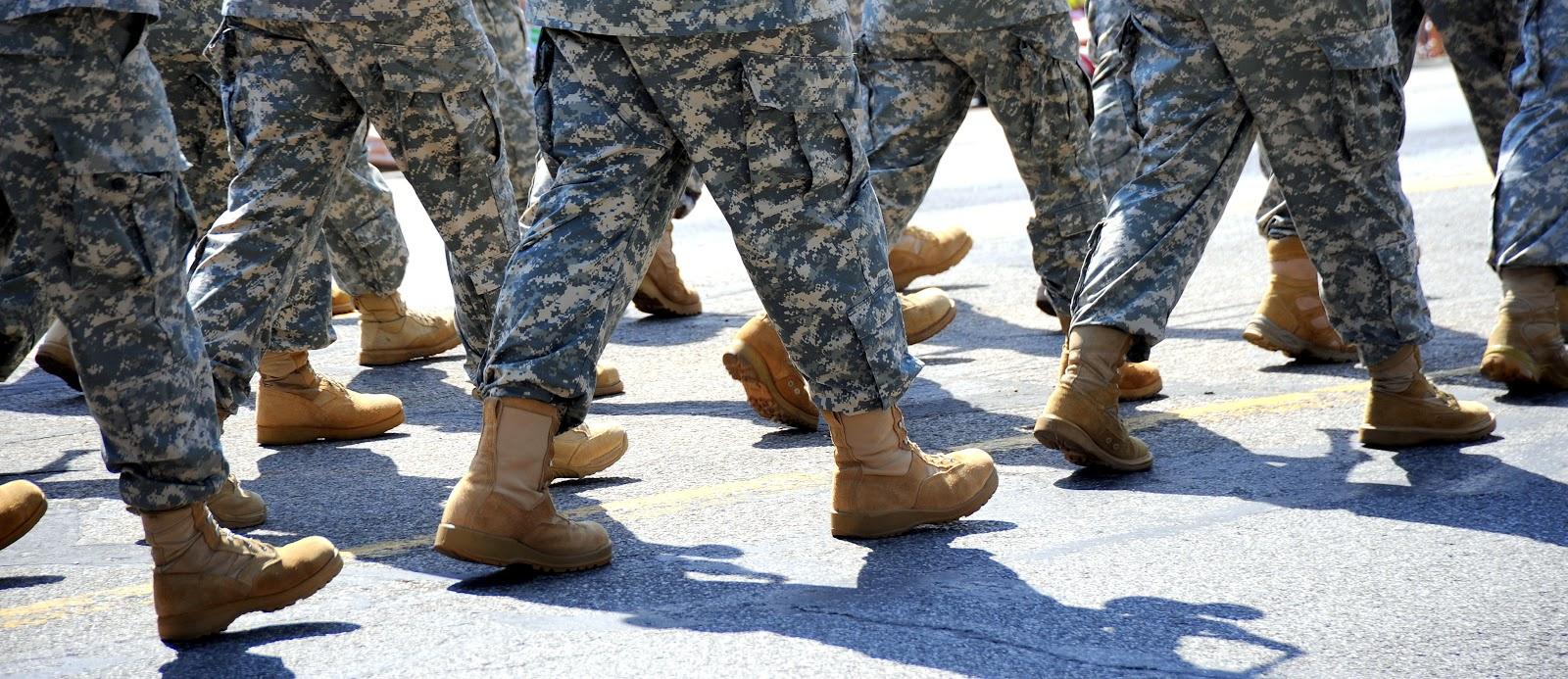
Military Benefits: After Divorce
Military spouses determining their military benefits after divorce face a complex process of understanding both civil code and military regulations. It is best for spouses to familiarize themselves with these matters before getting divorced, if possible, and to seek legal counsel for assistance. Survivor Benefit Plan (SBP) A former spouse can be designated as a…

